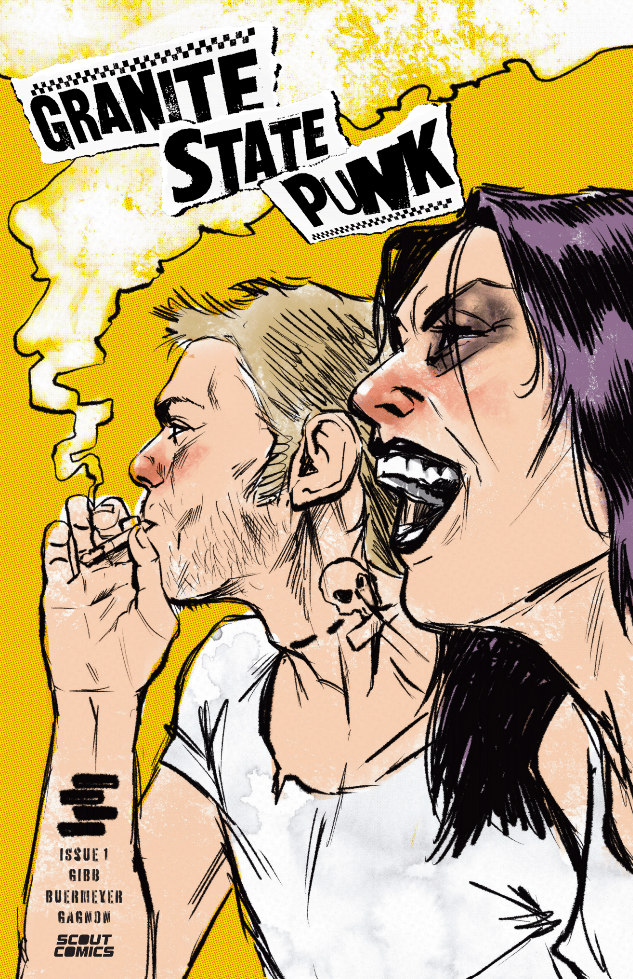
What rendered the 1980s a distinct epoch? Could it possibly be the indifference towards the influence that others' opinions exerted on us, and consequently, the absence of self-censorship? Alternatively, could it be that the cultural/sexual revolution or backlash originated from the grassroots, with the elites attempting to suppress it, as is customary?
Contrary to our contemporary era of inverted logic/reality, various anti-authoritarian movements act with more authority than ever in history, being imposed top-down by state bureaucrats using familiar methods such as aggressive raids, asset confiscation, abduction and imprisonment, psychological coercion through an endless, psychologically destructive "judicial" process, and so on.
When the band Fat White Family began over a decade ago, its goals were defined by a desire to challenge the inoffensive and static indie music scene. The essence of punk, if viewed as a counter to the societal status quo, was about pushing boundaries and defining oneself by transgressing established norms. However, recent developments, especially in the realm of social media, have created a culture of self-censorship. The ubiquity of platforms where everyone becomes a critic has reduced the shadows where groups can evolve organically.
An illustrative experience from a side project video, where the lead singer donned a geisha look, underscores the challenges artists face today. The video's makeup artist oscillated between wanting credit and fearing accusations of cultural appropriation, highlighting the doubt and caution that now shadows every artistic decision. This evolving cultural landscape raises pertinent questions: Is art being reduced to mere labels of "good" and "bad", or are we slowly denying ourselves authentic avenues of self-expression? Should artists have to choose between conformity and obscurity?
In the modern era, the risk of provocation for its own sake seems unbearably high, with little room for artists to maneuver. If artistry is judged by the mainstream acceptance of figures like Harry Styles or The 1975, one might wonder if the spirit of punk and the freedom of artistic expression have been tamed by a new age of cautious self-preservation.
Inspired by the UnHerd's article "Punk’s spirit is broken Transgression has been tamed by fear" by Lias Saoudi

Comments
Post a Comment